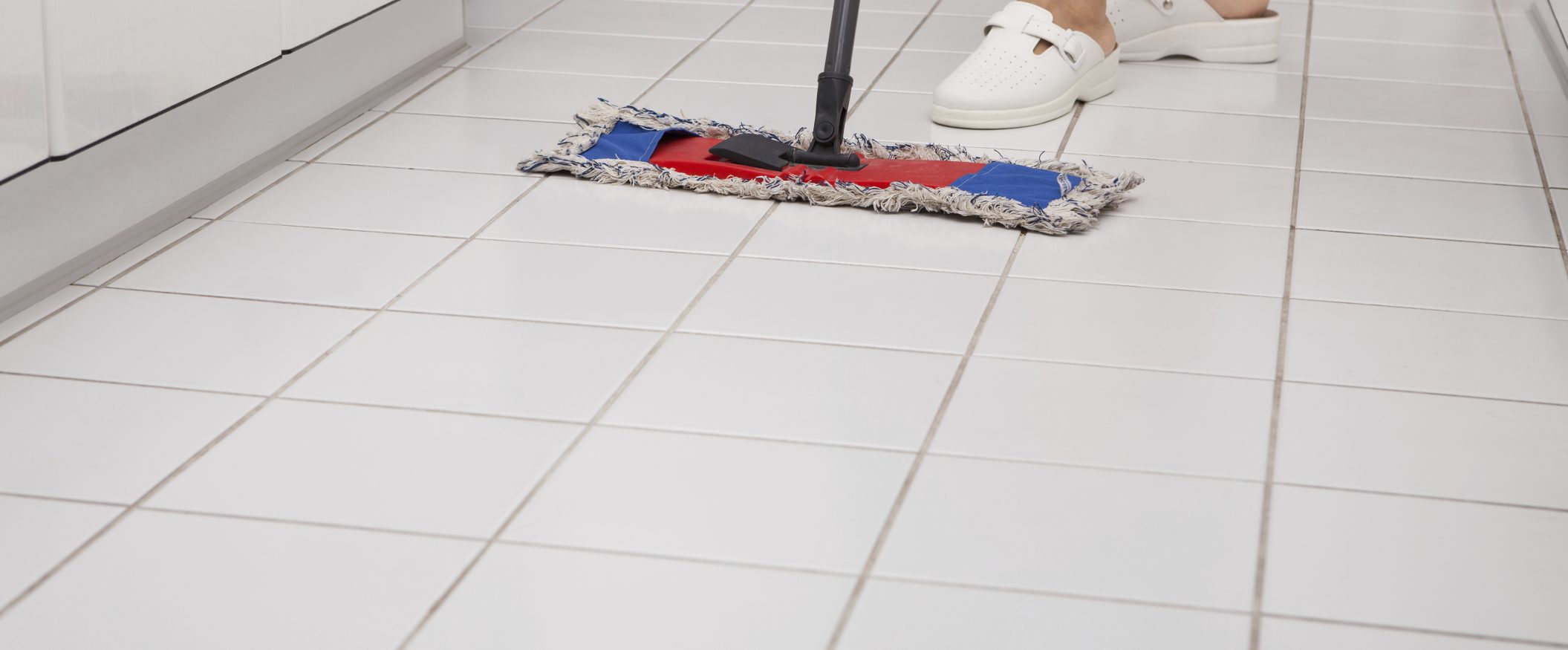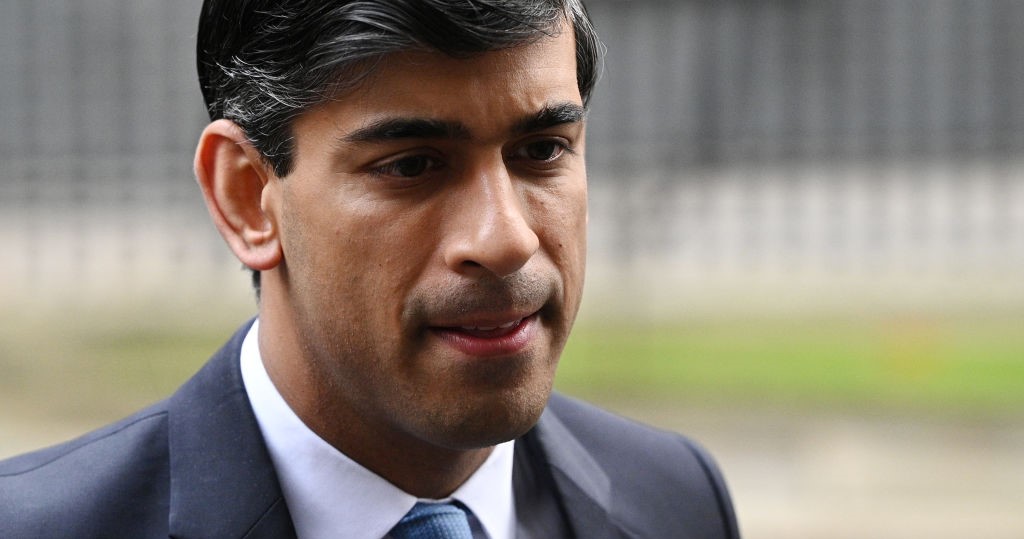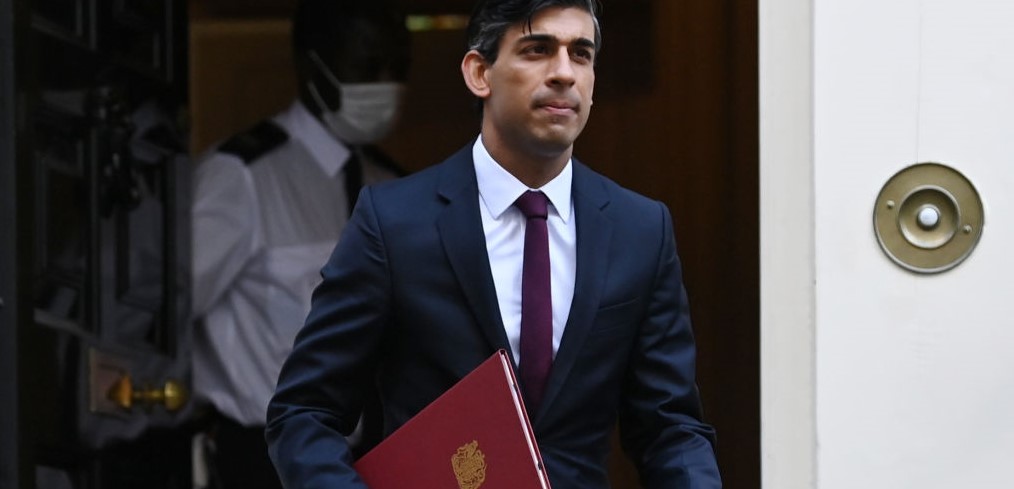More wage pain
The largest fall in living standards since records began is set to continue — and will only further deepen — after figures released today (April 12) show rising inflation but near zero wage growth.
Between the three months to February 2016 and the three months to February 2017, in nominal terms, regular pay increased by only 2.2 per cent. This was lower than the growth rate between the three months to January 2016 and the three months to January 2017 of 2.4 per cent, reflecting lower pay growth across the private sector especially in wholesaling, retailing, hotels and restaurants.
And once adjusted for inflation, average weekly earnings excluding bonuses grew by just 0.1 per cent in three months to February compared with the same time period last year — this is the slowest rate of growth since 2014.
Inflation is now running at 2.3 per cent, well above the Bank of England’s 2 per cent target, with this figure set to rise to 3 per cent in the summer, threatening to wholly wipe out any wage increases.
The Institute for Fiscal Studies (IFS) predicts that Britons’ wage pain will continue for the next several years — wages, the think tank notes, will not start to pick up till 2021. In 2020, working people will be no better off than they were in 2008, when the financial crisis first hit.
“This sustained slowdown in income growth is unprecedented in at least the last 60 years,” the IFS said. “Of course, some households will see a bigger squeeze on their income than others. Pensioner incomes will continue to grow faster than those of the rest of the population, while low-income households with children are likely to fare worst.”
Resolution Foundation economic analyst Stephen Clarke warned that “Britain’s brief pay recovery has come to an end.
“Forty per cent of the workforce are experiencing shrinking pay packets according to the latest figures, in sectors ranging from accommodation to finance and the public sector,” he said. “Many more will join them in the coming months as inflation continues to rise, with pay across the economy as a whole set to have fallen in the first three months of 2017.
“While the National Living Wage is protecting the lowest earners from this squeeze, boosting wages across the rest of the economy is the big living standards challenge of this parliament,” Clarke added.
Minimum wageÂ
Unite has long called for a substantive hike in the minimum wage to ensure that it is a real living wage — one that enables the lowest earners to have a basic standard of living. This would mean raising the minimum wage to £10 an hour now.
Yesterday (April 11) Unite welcomed Labour’s policy of hiking the minimum wage.
Unite assistant general secretary Steve Turner said that it was one of a number of measures the government can take “to prevent the economy and people’s living standards from plummeting.”
“These [also]include ending the freeze on working age benefits and the real cuts to public sector pay,” he noted. “Most importantly of all, we need public investment to create jobs and stimulate the economy and an end to the Tories’ counter-productive reign of austerity.”
TUC general secretary Frances O’Grady likewise called for immediate action now in response to today’s figures.
“Pay packets are taking a hammering from rising inflation and falling wage growth,” she said. “We now need urgent action to stop another living standards crisis. Working people will want to know when Theresa May is going to do something to help.
“We need more investment in skills and infrastructure to build strong foundations for better paid jobs. And it’s time to scrap the pay restrictions hitting midwives, teachers and other public servants.”
Unite general secretary Len McCluskey agreed.
“Only the people of Greece have suffered a bigger fall in living standards during these miserable austerity years,” he argued. “For too many workers in this country, work simply does not pay.”
“The government is directly to blame for a great deal of this hardship through its economic policies, failing to invest, imposing its year on year wage cut for millions of public sector workers, and for its cruel Universal Credit taper which will trap even more families in in-work poverty.”
Benefits changes
This week, changes to the Universal Credit (UC) taper rate were introduced, which allows people to keep more of their benefits while they are earning money. But this comes on the back of a major slash to work allowance — only just last year, claimants could earn up to £263 a month minus housing allowance before their benefits were reduced; now they start to have their benefits taken away once they start earning £192 a month.
Other benefits changes introduced this month will have major repercussions for those struggling on low wages in the face of rising inflation. For example, from April 6, UC and Child Tax Credit are limited to only two children. Additional payments for those who are too ill to work but might be found fit to work in the future have dropped from ÂŁ102 a week to only ÂŁ73 a week. And in a major blow for young people, those aged between 18 and 21 who start a new claim for UC will not be automatically entitled to housing benefit.
McCluskey said that in addition to government reforms which reverse such major cuts to welfare entitlements, big business too “must address the sort of economy and society it is helping to create.”
“It has spent the austerity years hoarding billions in the banks or squandering on excessive boardroom pay,” he said.
“We cannot have an economy that works for all when the spoils are grabbed by just a few.
“The government must act to reverse this appalling and yawning inequality,” McCluskey added. “We need collective bargaining restored to secure a fair rate for the job in sectors, like construction and hospitality. And we need action to bridge the wage gap between the shop floor and the boardroom.”
 Like
Like Follow
Follow


